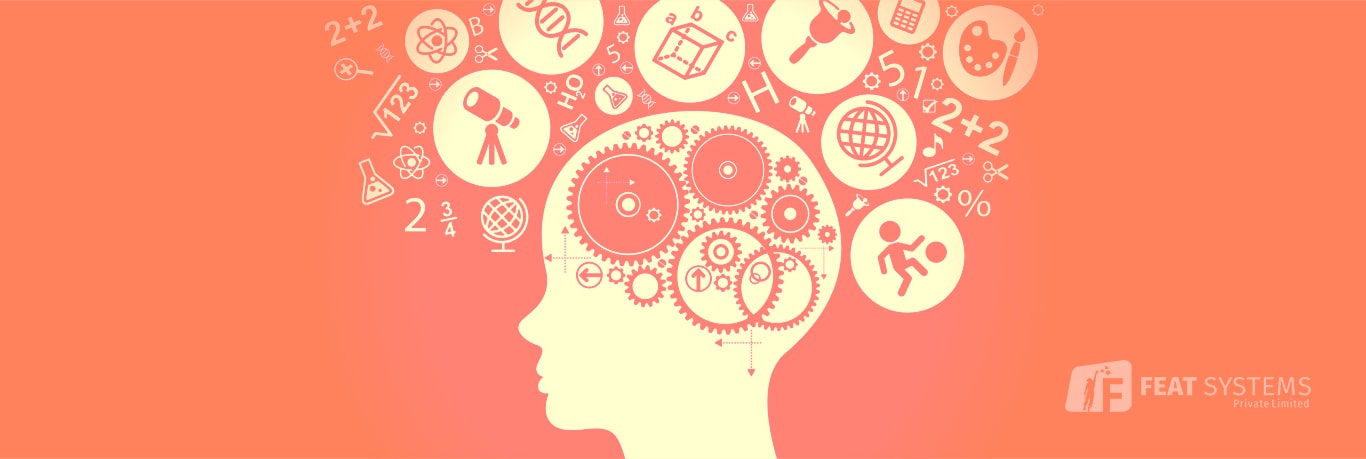Artificial Intelligence (AI) attempts to transfer human learning and thinking to the computer and thereby provide it with intelligence. Instead of being programmed for any purpose, an AI can discover responses on its own and fix issues.
Intelligent automation has great potential to automate non routine tasks involving intuition, judgment, creativity, persuasion, or problem solving. The decreasing costs of data storage and processing power are driving rapid developments in the field of Artificial Intelligence, creating a new breed of cognitive technologies with human-like capabilities such as recognizing handwriting, identifying images, and natural language processing. When combined with robotic process automation and powerful analytics, these cognitive technologies can form intelligent automation solutions that either directly assist people in the performance of nonroutine tasks or automate those tasks entirely.
The uses of intelligent automation are potentially limitless. They are also typically more expensive and take longer to implement than robotic process automation tools. Unlike RPA tools, which can be broadly applied, IA solutions require more extensive configuration and machine learning that is specific to a much narrower business purpose and the complex scenarios it may encounter.
Need Help ? ASK FIBO


